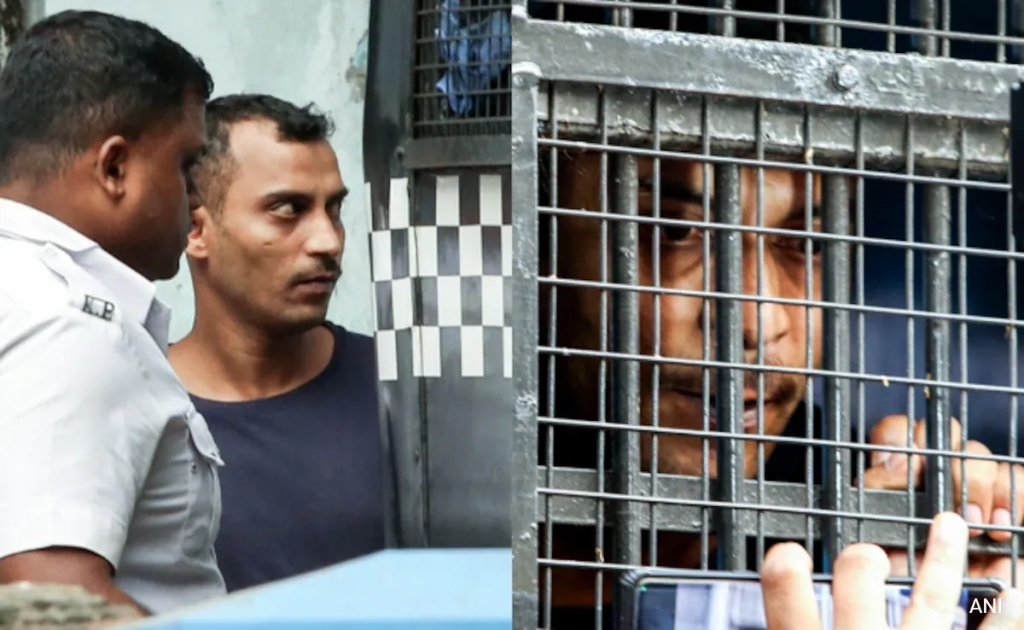An Indian court has sentenced Sanjay Roy, a 33-year-old police volunteer, to life imprisonment for the rape and murder of a trainee doctor last year.
The crime, which drew nationwide outrage and protests, highlighted ongoing concerns over women’s safety in India.
The victim, a 31-year-old physician, was found dead on August 9, 2024 at R.G. Kar Medical College and Hospital in Kolkata.
An autopsy confirmed she had been sexually assaulted and strangled. The case sparked widespread demonstrations by doctors, medical students, and activists demanding better security measures in government hospitals and swifter justice for victims of sexual violence.
The court ruled that Roy must serve a life sentence, rejecting calls for the death penalty.
Judge Anirban Das stated that the case did not meet the threshold of “the rarest of the rare” to warrant capital punishment.
However, the victim’s family expressed disappointment, with her father stating, “We are shocked by the verdict… We will continue our fight for justice.”
Roy, who has consistently claimed innocence, was arrested the day after the crime. His lawyer, Kabita Sarkar, indicated plans to appeal the verdict, arguing that Roy is “not mentally stable.”

The case, initially handled by Kolkata police, was transferred to federal investigators following allegations of mishandling by state authorities.
Federal police had recommended the death penalty, aligning with the wishes of the victim’s family, who believe more individuals may have been involved in the crime.
The incident reignited public anger over the prevalence of sexual violence in India, drawing comparisons to the 2012 gang rape and murder of a young woman on a Delhi bus.
That case led to significant legal reforms, including harsher penalties for sexual crimes. Despite these measures, the number of reported rapes has continued to rise, with 31,516 cases recorded in 2022—a 20% increase from the previous year, according to the National Crime Records Bureau.
Activists argue that legal reforms alone have not been sufficient to address the root causes of violence against women. Many crimes remain unreported due to societal stigma, especially in rural areas where victims and their families often face public shame and isolation.
The government has introduced measures such as the death penalty for repeat offenders and lowered the age for trial as an adult from 18 to 16. However, critics point to the rising number of cases, underscoring the need for comprehensive action addressing prevention, societal attitudes, and systemic failures.
Public demonstrations following the court’s ruling reflected the ongoing frustration with perceived inadequacies in the justice system.
Protesters near the courthouse chanted, “Hang him, hang him,” while junior doctors and activists announced plans for further rallies to demand accountability and reforms.


